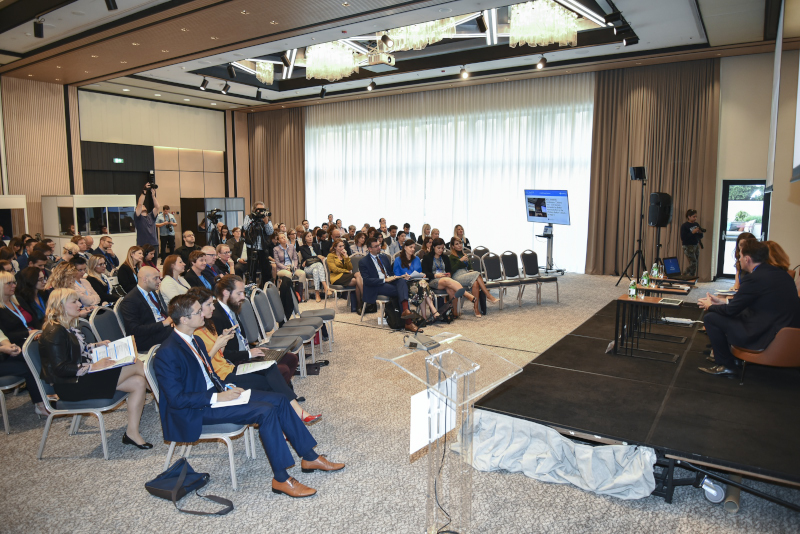Western Balkan (WB) countries have been implementing public administration reforms (PAR) as one of the fundamental reform areas on the path to EU membership, while their progress has been regularly monitored and assessed by the European Commission.
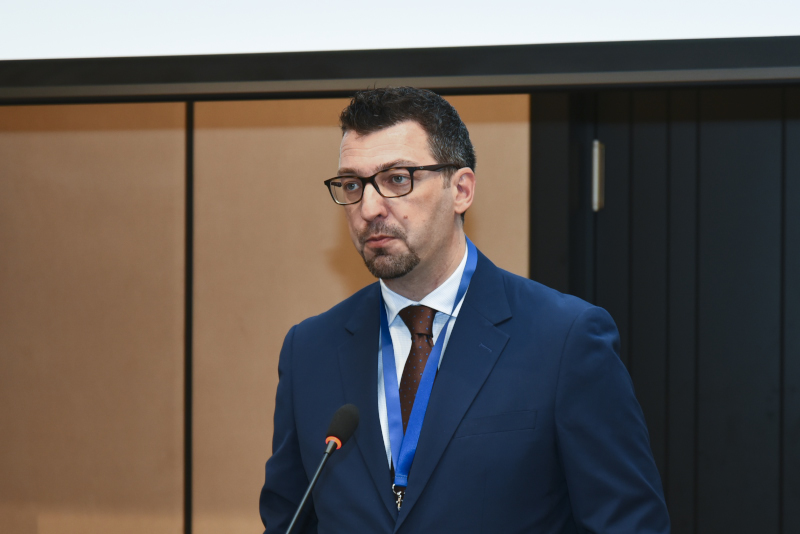
However, mechanisms to ensure post-accession reform sustainability remain limited and backslide potential is high, as previous enlargements have demonstrated. To that end, strengthening participation of civil society and media in PAR is crucial – by educating and enabling them to monitor its progress, assess its quality and propose new solutions based on evidence and analysis. WeBER project, implemented by six WB think tanks gathered in the Think for Europe Network – TEN, aims to increase the relevance, participation and capacity of these two groups of stakeholders to advocate for and influence the design and implementation of PAR in the Western Balkans. WeBER was created against the rationale that only by empowering local non-governmental actors and strengthening participatory democracy at the national and local levels, can the same pressure on the governments to continue implementing the often painful and inconvenient administrative reforms be maintained post-accession.
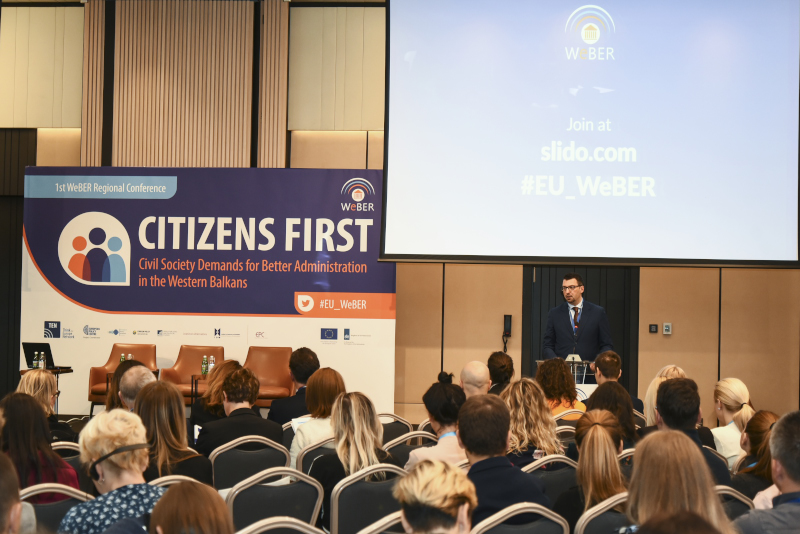
The “Citizens First” Conference is the first in what we intend to become a series of biennial regional conferences focusing on civil society’s role in monitoring and supporting PAR in the context of the region’s EU path. Its aim is to enhance and broaden the dialogue on creating and implementing inclusive and transparent policies that take into account citizens’ needs. In the long term, the Conference aims to increase the bottom-up demand for better administration in the region, while complying with the top-down requirements of the EU accession process in the PAR area, hence contributing to sustainability of administrative reforms to the benefit of the Region’s citizens.
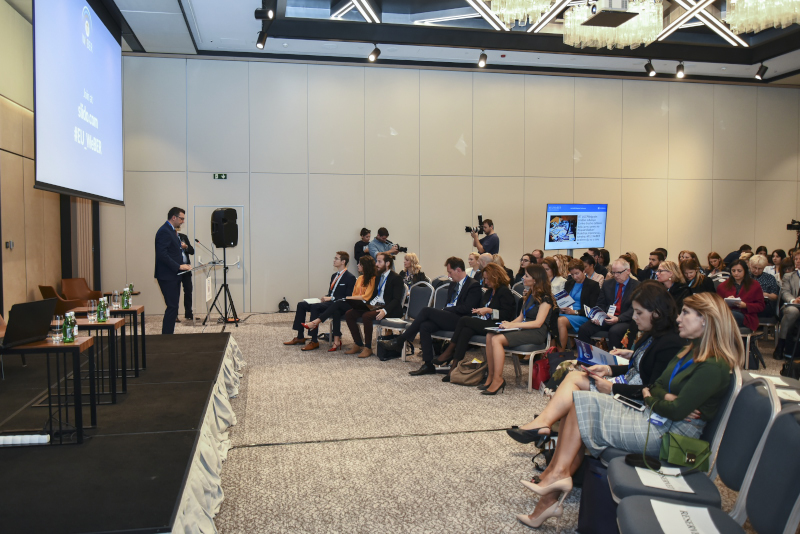
To this end, the event gathered CSO representatives from across the region, including at the local level, researchers, representatives of academia, the media, distinguished international PAR experts, high-level officials from the European Commission and SIGMA/OECD, government officials from the Western Balkans, as well as representatives of relevant regional organisations. Given the complexity of PAR in the Western Balkan countries, involvement of a broad range of stakeholders will substantially contribute to inspiring a regional approach to better governance and achieving accountable and efficient administration tailored to citizens’ needs.
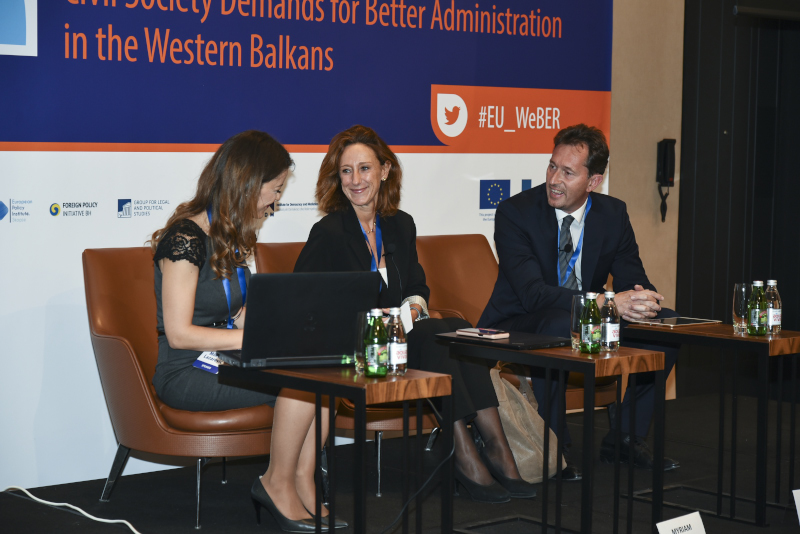
The WeBER research team presented the findings of the First Regional PAR Monitor Report – one of the key results of comparative research on monitoring PAR within the WeBER project. Those research findings and recommendations will be discussed during a panel of Western Balkan ministers in charge of PAR, which will instigate reflexion on how to overcome reform challenges in the region and grasp the benefits of a citizen-friendly approach to reform.
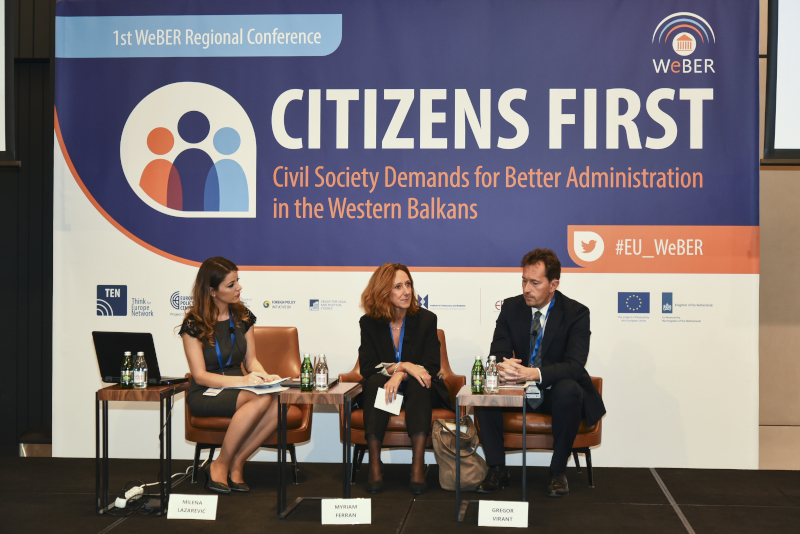
Through interactive sessions with prominent moderators, the conference will dig deep into the current state within key PAR areas, while a special segment will feature stories from cities and municipalities – presenting the most significant local-level findings created though the WeBER Small Grants Facility. Combined with the academic perspective and views of the expert public, discussing PAR from a CSO perspective will set the stage for future initiatives, activities, projects, and policies within the wider PAR area.
